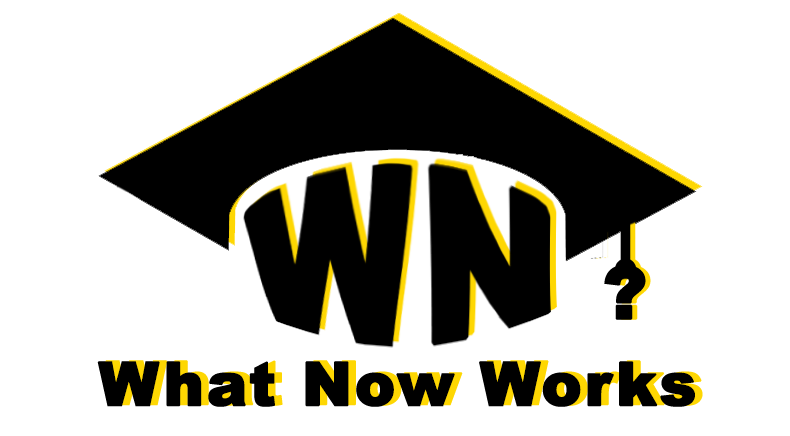I wanted to dive into a report by SoftBank Vision Fund, the venture capital firm, where they surveyed 100 CHROs on how they are adapting to the changing economic environment. The world of work is starting to shake up post-pandemic, and here's what job seekers and talent acquisition teams should know.
Selective Hiring
In a world where companies are tightening their belts, it's no surprise that hiring has become a selective sport. Organizations are carefully handpicking the roles they need to fill, aiming for maximum efficiency.
In the US, a staggering 75% of companies decided to trim their workforce, leaving no level untouched. Sales bore the brunt, with a whopping 20% of layoffs hitting these departments. Engineering and product teams weren't spared either, with 12% and 3% of job cuts, respectively.
For candidates this means that in your resume and cover letter you must highlight your unique skills and accomplishments. You learn more about creating impact statements here.
Incentives to Stay:
The rise of hybrid work has sparked both excitement and challenges for talent acquisition teams and job seekers alike. On one hand, the promise of flexibility and freedom is enticing. On the other hand, managing teams and nurturing a thriving company culture in this new landscape can be quite the task.
With the rise of US companies being remote going up to 30%, you can expect to see more virtual coffees, online team-building activities, and off-sites to maintain a culture. Also, to retain star performers, companies dished out some intriguing incentives. Promotions, retention grants, repriced stock options, and retention bonuses were all on the menu. It seems like businesses are playing their cards right to keep their talented troops from jumping ship.
Skills for the Future
Top of mind for the CHROs surveyed is manager effectiveness, change management, and building culture.It's no secret that experience doesn’t make you a manager. Some managers struggle with communication, delegation, or motivating their teams, leading to decreased productivity and employee dissatisfaction. One solution has been to allocate a budget toward professional development opportunities specifically tailored for managers.
A soft skill that is incredibly valuable at this time is being able to manage up. Being proactive in your relationship with your manager, knowing about their priorities, and how you can contribute will ultimately build trust and support.

